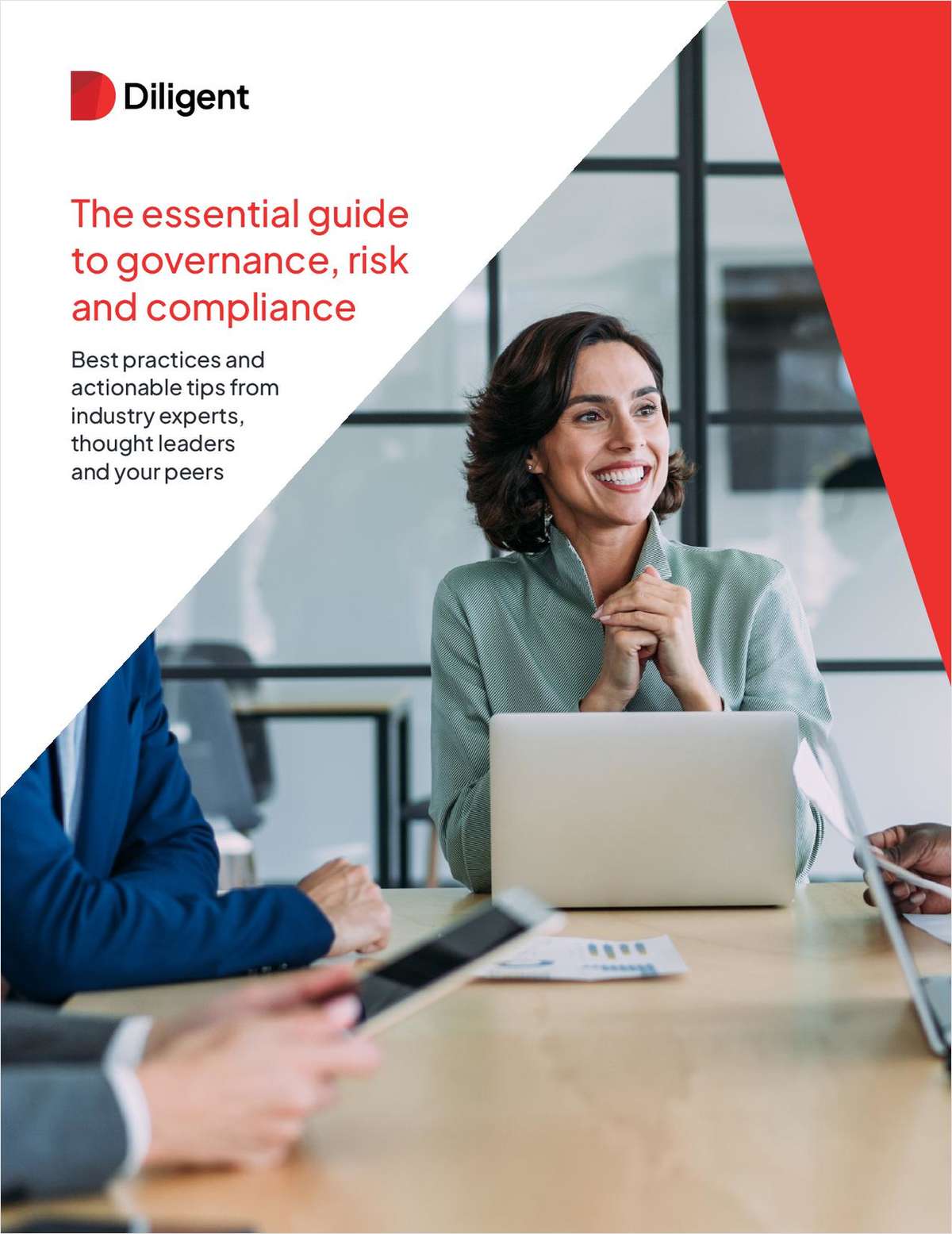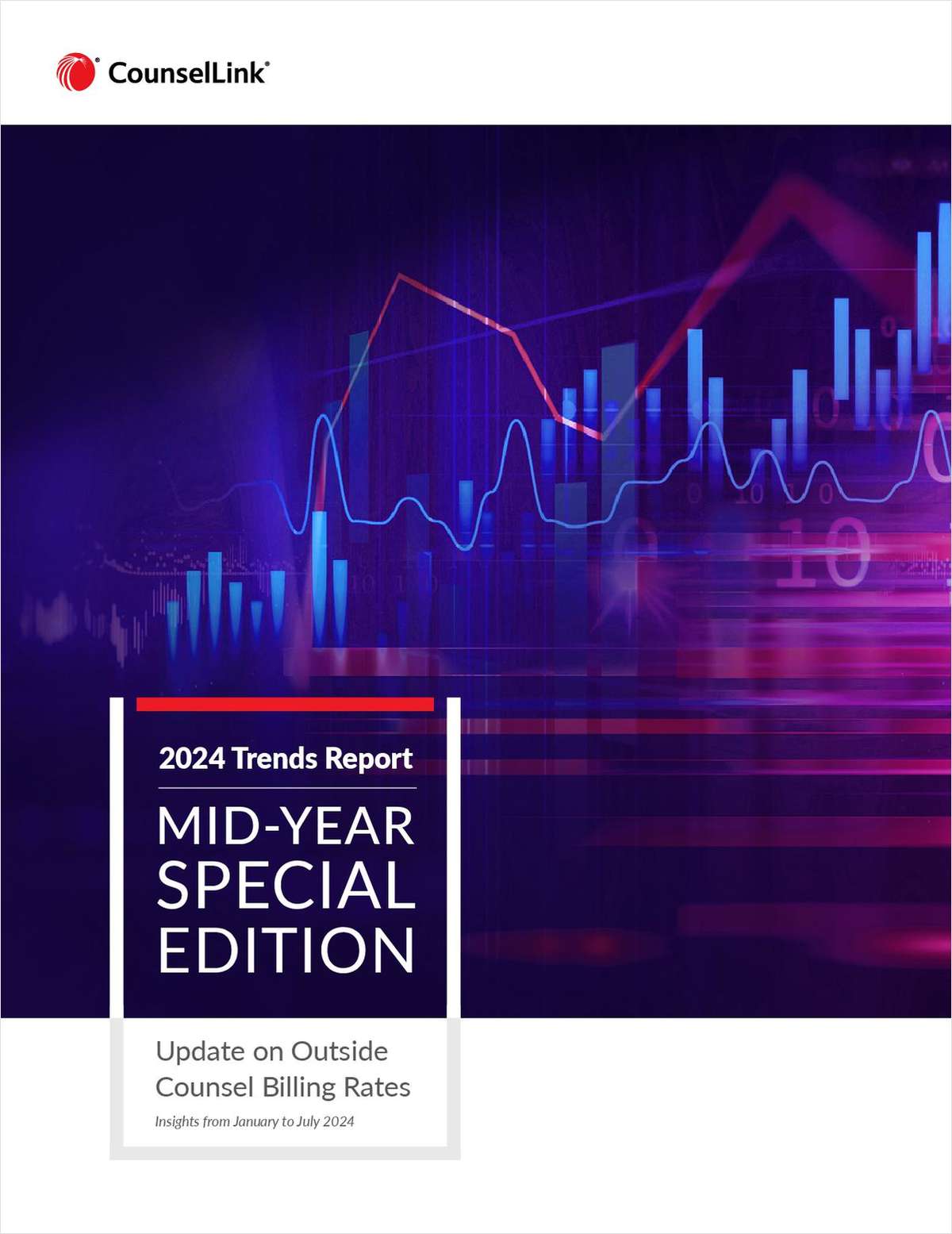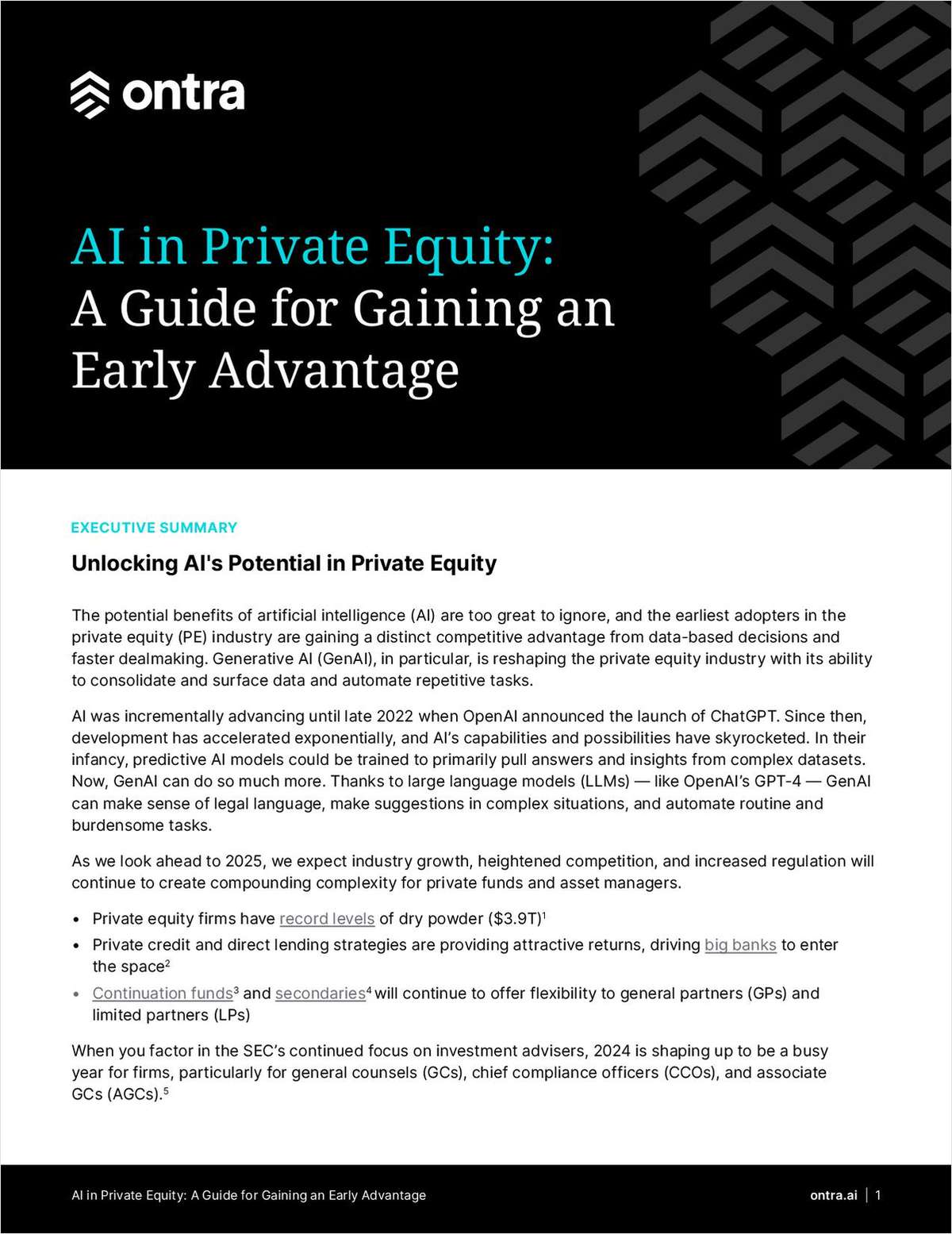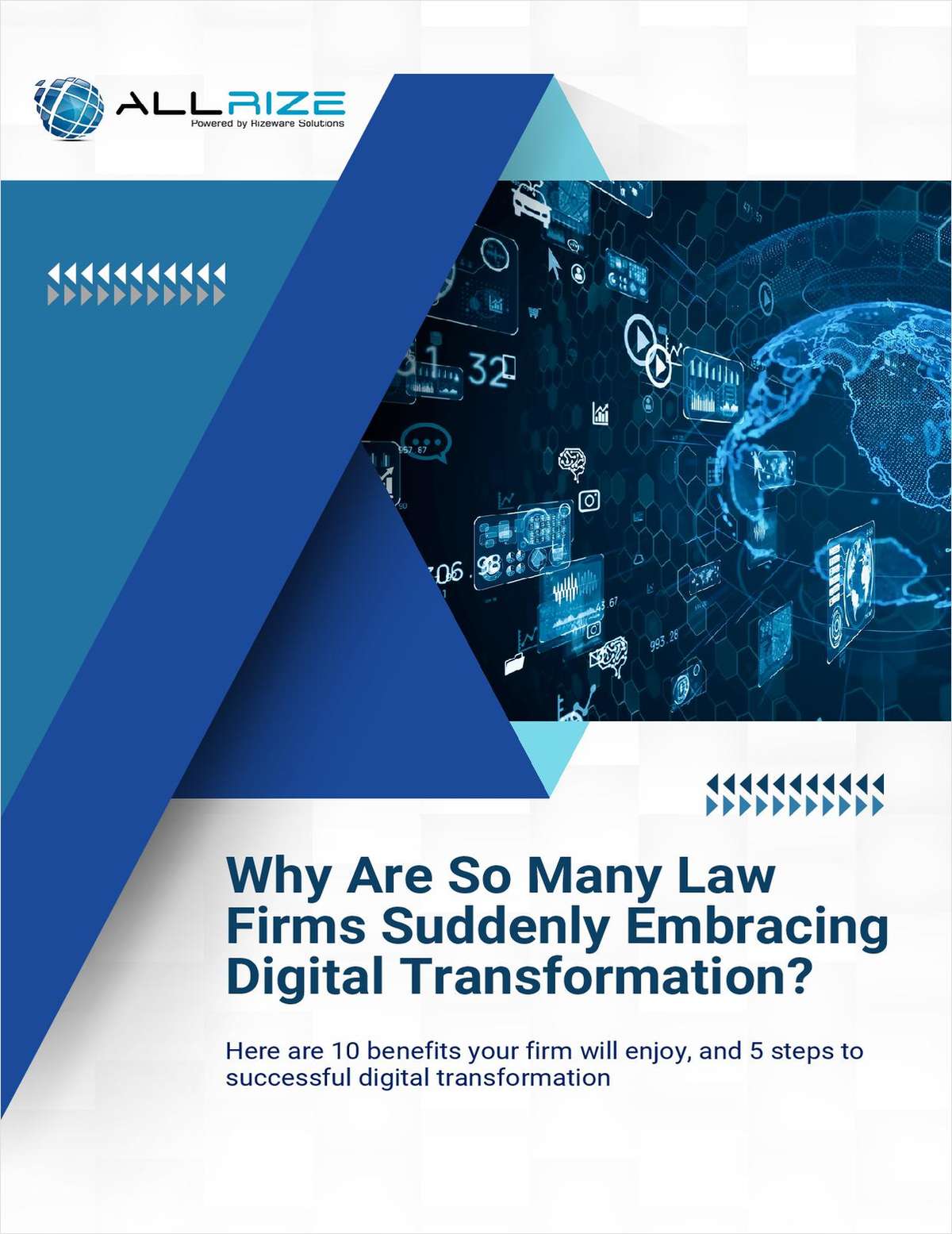Skilled in the Art: How PTAB is Boosting the Next Generation of IP Lawyers + Should the Law Discriminate Between AI and Human Inventors?
The U.S. Patent and Trademark Office is incentivizing applicants and litigants to provide stand-up opportunities to young lawyers.
May 01, 2020 at 07:47 PM
9 minute read
Welcome to Skilled in the Art. I'm Law.com IP reporter Scott Graham. Here's what's cracking this week:
• The PTO is incentivizing applicants and litigants to provide stand-up opportunities to young lawyers.
• Google and the Federal Circuit are doing likewise.
This content has been archived. It is available through our partners, LexisNexis® and Bloomberg Law.
To view this content, please continue to their sites.
Not a Lexis Subscriber?
Subscribe Now
Not a Bloomberg Law Subscriber?
Subscribe Now
NOT FOR REPRINT
© 2024 ALM Global, LLC, All Rights Reserved. Request academic re-use from www.copyright.com. All other uses, submit a request to [email protected]. For more information visit Asset & Logo Licensing.
Law Firms Mentioned
Trending Stories
- 1The Law Firm Disrupted: For Big Law Names, Shorter is Sweeter
- 2Wine, Dine and Grind (Through the Weekend): Summer Associates Thirst For Experience in 'Real Matters'
- 3The 'Biden Effect' on Senior Attorneys: Should I Stay or Should I Go?
- 4BD Settles Thousands of Bard Hernia Mesh Lawsuits
- 5First Lawsuit Filed Alleging Contraceptive Depo-Provera Caused Brain Tumor
Featured Firms
Law Offices of Gary Martin Hays & Associates, P.C.
(470) 294-1674
Law Offices of Mark E. Salomone
(857) 444-6468
Smith & Hassler
(713) 739-1250








